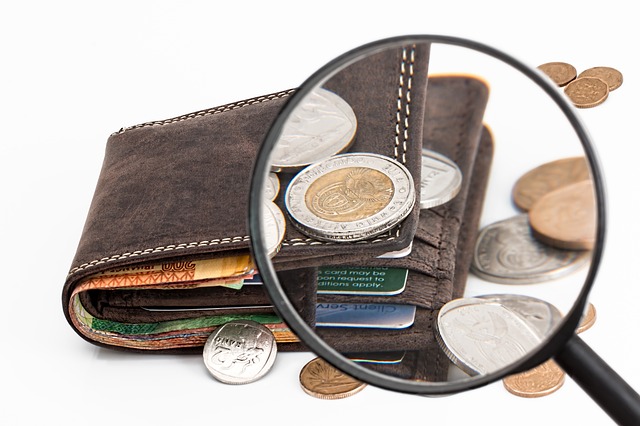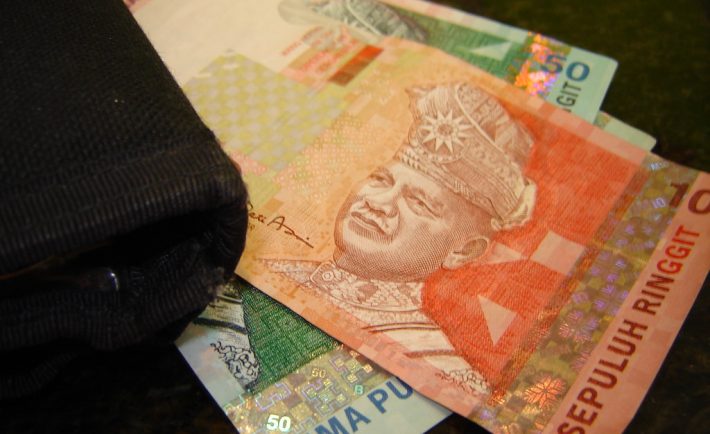We have all made mistakes in the past, especially when it comes to money and relationships. While some are knowingly reckless, others are less obvious. That being said, here are some foolish things that people do with their own money.
Awareness is the key to change!
BEING OVERLY CONSERVATIVE WITH ONE’S INVESTMENTS
Whether you are terrified to max out your savings or to dive into uncharted territories, Millennials are not investing hugely in the stock market. Consider your risk tolerance while you are in your early 20s as this is the best time to bounce back after a decline. Compound interest entails that it is beneficial to stay in the market as early as you can. Simply put, a risky investment while you are young has time to correct itself.
Apply this ideal towards your retirement fund. Set a diversified portfolio directed to your retirement fund and ensure that the risk exposure is based on your age and timeline.
ABSORBING THE INTERNET SCHEMES
Let us face it! The Nigerian Prince you have waiting for may never come. Although Internet scams have become more sophisticated than ever, you must not give your sensitive bank information to anyone that pleads for it.
Some people carelessly give out their account passwords in the name of love. You have to think twice! You are merely opening yourself to identity theft by doing so. Mark suspicious emails as spam and leave them alone.
MAKING FINANCIAL DECISIONS ON YOUR OWN
A family is a unit and it is helpful to have an open communication with your partner. As financial decisions and career paths affect multiple people in the relationship, you must discuss these as a unit. Relocating, childcare, long working hours, or converting to entrepreneurship are examples of factors that involve the sole earner as well as other family members.
If you belong to a dual-income household, do not make the daft decision of managing your ambitions on your own. Ensure that you are on the same page when in comes to managing your household and your career goals to avoid conflicts.
DISMISSING YOUR CREDIT CARD REPORT
Despite being a free service, checking one’s credit card report is not something that people do religiously. It is important to check your report to help you catch suspicious activity, prevent identity theft, and report unauthorized purchases.

Image Credits: pixabay.com
In addition to keeping an eye on fraud, you can track your credit score progress.










